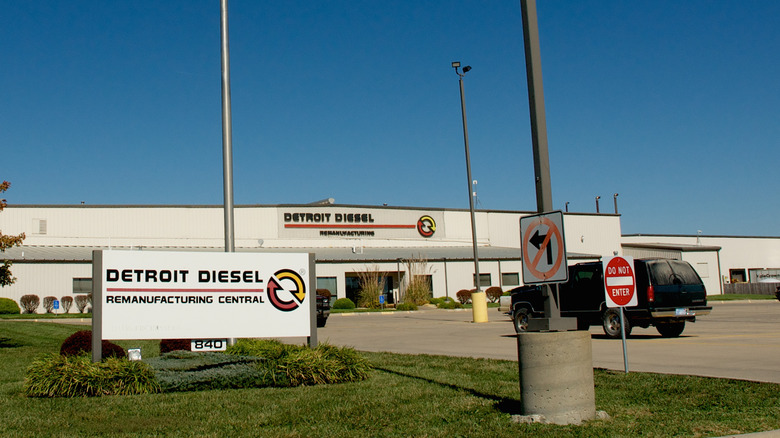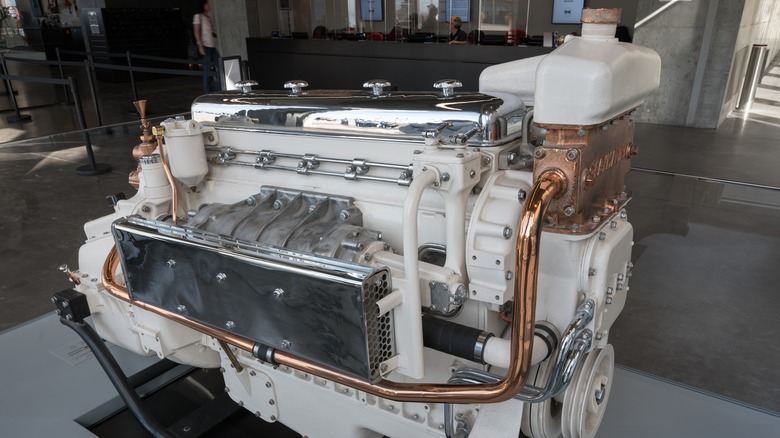When Was The Last 2-Stroke Detroit Diesel Engine Made & Why Did They Stop Production?
Although they still exist, 2-stroke diesel engines aren't all that common, and 4-stroke engines are what you'll commonly see around today. In 1998, Detroit Diesel announced it was dropping the 2-stroke diesel from its line and replacing it with a newer 4-stroke option, citing reduced emissions and improved fuel efficiency. This meant the Series 53, 71, 92 and 149 engines all halted production.
Beginning with 1998 model year vehicles, a new law went into effect that restricted emissions from exceeding 4.0 grams per brake horsepower hour, which directly coincided with Detroit Diesel's announcement. We've seen many of the most reliable diesel engines ever built reduce their emissions over the years, many of them in compliance with regulations, so it wasn't shocking to see Detroit Diesel go this path considering how much more efficient the 4-stroke engines are.
This led to a tough position for 2-stroke diesel owners, as the discontinuation made it harder over time to find replacement parts. The Detroit Diesel 2-stroke engines are used to power boats and other vehicles even today. MTU, the company that took ownership of Detroit Diesel in 2000, still tries to keep these older engines up and running by offering maintenance and remanufactured parts. For a lot of people, it's just easier to upgrade to a newer engine, but for those hanging on, there's still some life you can get out of the 2-stroke option.
Is there still a place for 2-stroke diesel engines?
The 2-stroke diesel engine may be a thing of the past, but it still have some benefits. The main one is that they're typically lighter than their 4-stroke counterparts. That doesn't automatically make them a better fit, though, as the 2-stroke design comes with clear downsides as well, including being more prone to wear and tear. Coupled with the emission guidelines, it's easy to see why these engines were phased out.
There's nothing wrong with using the 2-stroke diesel engine if you already have one, but there's not much of a reason to seek one out today outside of novelty. With replacement parts being tougher to track down, it's just not worth the hassle, especially since you can get better performance out of newer engines anyways. Oil for 2-stroke engines is more expensive, and since they don't use fuel as efficiently as a 4-stroke engine, you'll get fewer miles per gallon out of one. While diesel engines are typically more efficient than regular gas motors, the 4-strokes still outclass the 2-strokes. The big issue, and what eventually led to Detroit Diesel ditching the engine altogether, is the pollution caused by the emissions.

